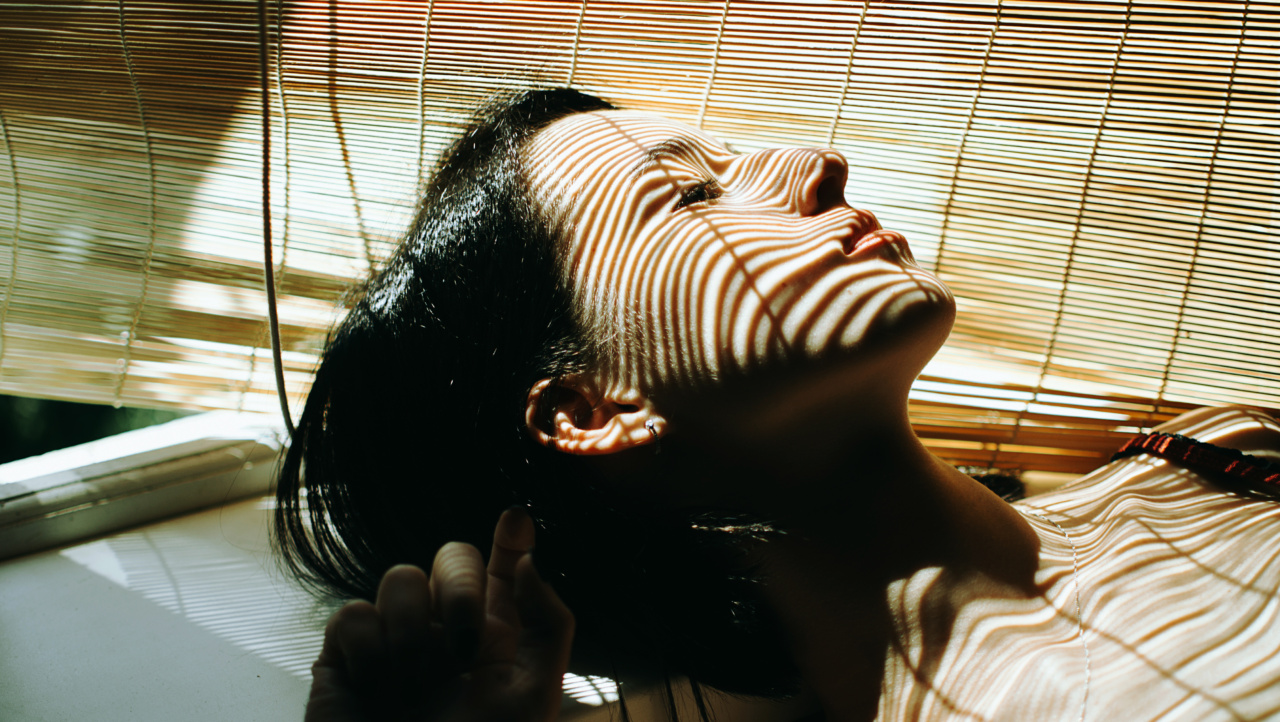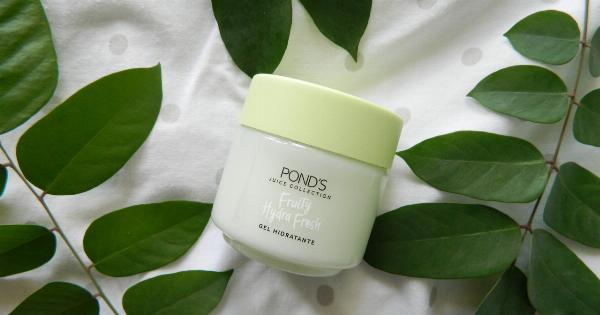Your nighttime skincare routine is an essential component of maintaining healthy, glowing skin. It involves a series of steps that help rejuvenate your skin and prepare it for the healing process that occurs while you sleep.
Among these steps, cleansing your skin before bed is crucial. Failure to do so can have significant consequences for your skin’s health and appearance. In this article, we will explore the toll that not cleansing before sleep can take on your skin.
Sleeping with makeup on: A recipe for disaster
One of the most common mistakes individuals make is failing to remove their makeup before going to bed. Whether it’s due to exhaustion, laziness, or lack of awareness, sleeping with makeup on can wreak havoc on your skin.
Makeup products, such as foundation, concealer, and powder, can clog your pores and prevent your skin from breathing. This can lead to acne breakouts, blackheads, and enlarged pores.
Additionally, leaving eye makeup on overnight can cause irritation, redness, and even infections.
Furthermore, not removing your mascara can lead to brittle eyelashes that are prone to breakage. Over time, this can result in sparse and thin lashes that require extra care and attention.
Environmental pollutants and their impact
Throughout the day, your skin is exposed to various environmental pollutants, such as dirt, dust, and air pollution. These particles can accumulate on your skin’s surface, clogging your pores and dulling your complexion.
When you don’t cleanse your skin before bed, these pollutants remain trapped, causing inflammation and irritation. This can lead to the premature aging of your skin, including the development of fine lines, wrinkles, and age spots.
Moreover, failing to remove pollutants from your skin can also interfere with the effectiveness of other skincare products you may use.
If your pores are blocked, your moisturizer, serums, or treatments won’t be able to penetrate deeply and deliver their intended benefits.
The importance of removing excess oil
Throughout the day, your skin produces oil (sebum) as a natural moisturizer and protective barrier. While sebum is necessary for maintaining healthy skin, an excess buildup can lead to various issues.
When you don’t cleanse your skin before bed, the excess oil mixes with dirt, sweat, and impurities, creating a perfect breeding ground for bacteria.
This can trigger inflammatory conditions like acne, causing redness, breakouts, and even painful cysts.
Additionally, neglecting to remove excess oil can result in an imbalance in your skin’s natural moisture levels. This can lead to dryness, flakiness, and even an overproduction of oil as your skin tries to compensate for the lack of hydration.
An appropriate cleansing routine helps maintain a healthy oil balance, preventing these imbalances.
Impaired skin regeneration and rejuvenation
Your skin undergoes a natural healing and regenerative process while you sleep. Cells repair themselves, collagen production increases, and blood flow to the skin is boosted.
However, failure to cleanse your skin before bed can impair these essential processes.
When your skin is not clean, dead skin cells, bacteria, and pollutants accumulate on your skin’s surface. This obstructs the renewal process and can lead to dullness, uneven texture, and a lackluster complexion.
Cleansing your skin before sleep allows these regenerative processes to occur unhindered, resulting in a fresher and more youthful appearance.
Accelerated signs of aging
Properly cleansing your skin before bed is crucial for maintaining its elasticity and preventing premature aging.
When you don’t cleanse, all the factors mentioned above, including clogged pores, inflammation, and impaired regeneration, contribute to the acceleration of signs of aging.
The accumulation of pollutants and makeup residues on your skin can break down collagen and elastin, the proteins responsible for your skin’s firmness and elasticity.
As a result, your skin may become saggy, dull, and prone to wrinkles and fine lines.
In addition, the constant battle against inflammation caused by dirt and bacteria can lead to chronic inflammation, which damages the collagen and elastin fibers in your skin.
This can result in visible redness, uneven skin tone, and a loss of radiance.
Improved skincare product absorption
One important benefit of cleansing your skin before sleep is that it improves the absorption of skincare products. When your skin is clean and free of impurities, it can better absorb the active ingredients in your serums, moisturizers, and treatments.
This means that the expensive and effective products you invest in will be able to penetrate deeper into your skin, maximizing their benefits. Without proper cleansing, these products may simply sit on the surface, unable to reach their full potential.
Taking the time for a nighttime skincare routine
It’s clear that not cleansing your skin before bed can have significant consequences for its health and appearance.
To prevent these tolls on your skin, it’s important to establish a nighttime skincare routine that includes thorough cleansing.
1. Remove your makeup: Start by gently removing your makeup using a suitable facial cleanser or makeup remover. Be sure to focus on all areas, including the eyes and lips.
2. Cleanse with a suitable cleanser: Once your makeup is removed, cleanse your skin with a gentle cleanser to remove any remaining dirt, impurities, and excess oil.
Choose a cleanser that suits your skin type and is free from harsh chemicals or fragrances.
3. Exfoliate (if necessary): Depending on your skin’s needs, incorporate exfoliation into your nighttime routine once or twice a week. This will help slough off dead skin cells and promote cell turnover.
Opt for a gentle exfoliator that won’t cause irritation.
4. Apply toner: After cleansing, use a toner to rebalance your skin’s pH level and remove any leftover residue. Toners can also help tighten pores and prepare your skin for the next steps of your skincare routine.
5. Apply serums or treatments: Next, apply any serums or treatments targeted towards your specific skin concerns, whether it’s hydration, brightening, or anti-aging.
These potent formulations can deliver active ingredients deep into your skin.
6. Moisturize: Lock in the hydration and nourishment by applying a moisturizer suited for your skin type. This will help seal in all the previous products and provide long-lasting moisture throughout the night.
7. Don’t forget your eyes: The skin around your eyes is delicate and requires special attention. Apply a hydrating eye cream to reduce puffiness, dark circles, and fine lines.
8. Consider overnight masks: If your skin needs an extra boost, incorporate an overnight mask into your routine once or twice a week. These masks work while you sleep, providing intense hydration and rejuvenation.
9. Lip care: Lastly, don’t forget to nourish your lips with a lip balm or treatment. Lips can often become dry and chapped, so providing adequate moisture is essential.
10. Regularly clean your skincare tools: Brushes, sponges, and other skincare tools can harbor bacteria if not cleaned regularly. Ensure you clean them after every use to avoid transferring dirt and germs back onto your skin.




























